June 4 stands as one of history’s most eventful days, witnessing the rise and fall of empires, groundbreaking discoveries, and moments that shaped our modern world across centuries of human achievement.
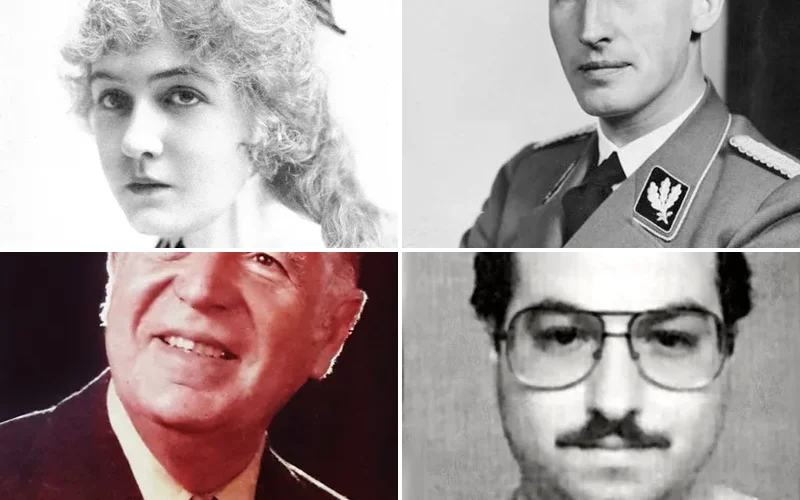
Politics and Government Events on June 4
1919 – U.S. Congress Approves Women’s Suffrage Amendment

Congress passed the Nineteenth Amendment guaranteeing women the right to vote, sending it to states for ratification. This historic decision culminated decades of suffragette activism and political pressure.
The amendment represented a fundamental shift in American democratic participation. Women’s voices would soon reshape electoral politics and policy priorities across the nation.
1961 – Vienna Summit Sparks Berlin Crisis
Soviet Premier Nikita Khrushchev threatened to sign a separate peace treaty with East Germany during his meeting with President Kennedy. His ultimatum would end Allied access to East Berlin and escalate Cold War tensions.
The confrontation set the stage for the Berlin Wall’s construction later that year. Kennedy faced his first major test of resolve against Soviet expansion in Europe.
1989 – Tiananmen Square Protests Suppressed

The People’s Liberation Army violently ended pro-democracy demonstrations in Beijing’s Tiananmen Square. Official casualty figures remain disputed, with estimates ranging from 241 to 10,000 deaths.
The crackdown marked a turning point in China’s political development and international relations. Images of the “Tank Man” became enduring symbols of resistance to authoritarian power.
1989 – Solidarity Victory in Polish Elections
Poland’s Communist Party abandoned its political monopoly, allowing the first free elections since World War II. Solidarity’s overwhelming victory sparked democratic revolutions across Eastern Europe.
This electoral breakthrough demonstrated the power of peaceful resistance to communist rule. The results accelerated the collapse of Soviet influence throughout the Warsaw Pact nations.
1970 – Tonga Gains Independence
The Pacific island nation of Tonga achieved independence from British protection after decades of gradual self-governance. King Taufa’ahau Tupou IV assumed full sovereign authority over the archipelago.
Tonga’s peaceful transition preserved its unique monarchical system while joining the international community. The nation maintained its traditional governance structure while embracing modern diplomatic relationships.
1979 – Jerry Rawlings Takes Power in Ghana
Flight Lieutenant Jerry Rawlings led a military coup that overthrew General Fred Akuffo’s government. The young air force officer promised to combat corruption and restore democratic governance.
Rawlings’ dramatic rise to power reflected widespread dissatisfaction with military rule and economic mismanagement. His charismatic leadership would dominate Ghanaian politics for the next two decades.
1925 – Ali Khamenei Elected Supreme Leader of Iran
Following Ayatollah Khomeini’s death, Iran’s Assembly of Experts selected Ali Khamenei as the nation’s new Supreme Leader. The religious scholar assumed ultimate authority over Iran’s theocratic government.
Khamenei’s appointment ensured continuity of the Islamic Revolution’s principles and policies. His leadership would shape Iran’s domestic and international relations for decades to come.
Military and Naval History on June 4
1940 – Dunkirk Evacuation Completed
British forces completed the miraculous evacuation of 338,000 Allied troops from Dunkirk’s beaches as German forces closed in. Winston Churchill delivered his famous “We shall fight on the beaches” speech to rally British morale.
The operation transformed a military disaster into a symbol of British resilience and determination. Small civilian boats joined naval vessels in rescuing soldiers from the French coast.
1942 – Battle of Midway Begins
Admiral Chūichi Nagumo launched a massive Japanese strike against Midway Island, initiating one of the Pacific War’s most decisive battles. The Imperial Navy deployed its most powerful carriers and aircraft.
American codebreakers had intercepted Japanese plans, positioning U.S. forces for a surprise counterattack. The battle would determine control of the central Pacific for the remainder of the war.
1944 – U.S. Navy Captures German U-Boat
A U.S. Navy hunter-killer group captured the German submarine U-505 intact, marking the first enemy vessel seizure at sea since the 19th century. The dramatic boarding operation yielded valuable intelligence materials.
The submarine’s capture provided crucial insights into German naval codes and technology. American sailors risked their lives to prevent the U-boat’s scuttling and secure its secrets.
1944 – Allied Forces Liberate Rome
The U.S. Fifth Army entered Rome as German forces withdrew northward toward defensive positions. The liberation marked the first Axis capital to fall to Allied forces.
Pope Pius XII welcomed the Allied troops while Italian civilians celebrated their freedom from Nazi occupation. The victory boosted Allied morale despite allowing most German forces to escape.
1916 – Russia Launches Brusilov Offensive
Russian forces began a massive artillery bombardment of Austro-Hungarian positions in Galicia, launching the war’s most successful Russian offensive. General Alexei Brusilov employed innovative tactics to break enemy lines.
The offensive initially achieved spectacular success, capturing thousands of prisoners and vast territory. However, Russian losses eventually exceeded their gains, contributing to the army’s eventual collapse.
1943 – Military Coup in Argentina

Argentine military officers overthrew President Ramón Castillo’s government, installing a nationalist military junta. The coup reflected growing dissatisfaction with civilian political leadership and economic policies.
Colonel Juan Perón emerged as a key figure within the new government, beginning his rise to power. The military intervention would reshape Argentine politics and society for decades.
Science and Discovery Milestones on June 4
1996 – Ariane 5 Rocket Explodes on Maiden Flight

The European Space Agency’s new Ariane 5 rocket exploded 37 seconds after launch, destroying the Cluster mission satellites. A software error caused the guidance system to fail catastrophically.
The failure cost hundreds of millions of dollars and delayed European space ambitions for years. Engineers completely redesigned the guidance software to prevent similar malfunctions.
2010 – SpaceX Falcon 9 Successfully Launches
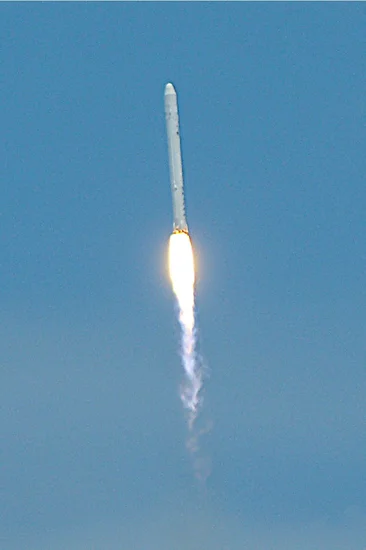
SpaceX achieved its first successful Falcon 9 rocket launch from Cape Canaveral, marking a milestone in commercial spaceflight. The private company demonstrated its ability to compete with government space programs.
Elon Musk’s ambitious vision of affordable space access took a major step forward. The success paved the way for SpaceX’s eventual contracts with NASA and other organizations.
1988 – Hexogen Explosion in Soviet Union
Three railway cars carrying hexogen explosive detonated near Arzamas, killing 91 people and injuring 1,500 others. The massive explosion destroyed nearby buildings and created a crater visible from space.
Soviet authorities initially concealed the disaster’s full extent from the public and international observers. The incident highlighted dangerous practices in military explosive transportation and storage.
Cultural and Arts Events on June 4
1917 – First Pulitzer Prizes Awarded

The inaugural Pulitzer Prizes honored excellence in journalism, literature, and biography for the first time. Laura Richards, Maude Elliott, and Florence Hall received the first biography prize for their work on Julia Ward Howe.
Jean Jules Jusserand won the history prize for “With Americans of Past and Present Days.” Herbert Swope earned the journalism prize for his reporting at the New York World.
1977 – JVC Introduces VHS Technology
JVC unveiled its Video Home System (VHS) format at the Consumer Electronics Show in Chicago. The technology would eventually defeat Sony’s Betamax system in the home video format war.
VHS revolutionized home entertainment by making video recording and playback affordable for consumers. The format dominated the market for two decades until DVD technology emerged.
1913 – Emily Davison’s Fatal Protest
Suffragette Emily Davison ran onto the track at the Epsom Derby, colliding with King George V’s horse. She never regained consciousness and died four days later from her injuries.
Davison’s dramatic protest brought international attention to the women’s suffrage movement. Her sacrifice became a powerful symbol of dedication to the cause of women’s voting rights.
Religious and Social Events on June 4
1939 – MS St. Louis Refugees Denied Entry
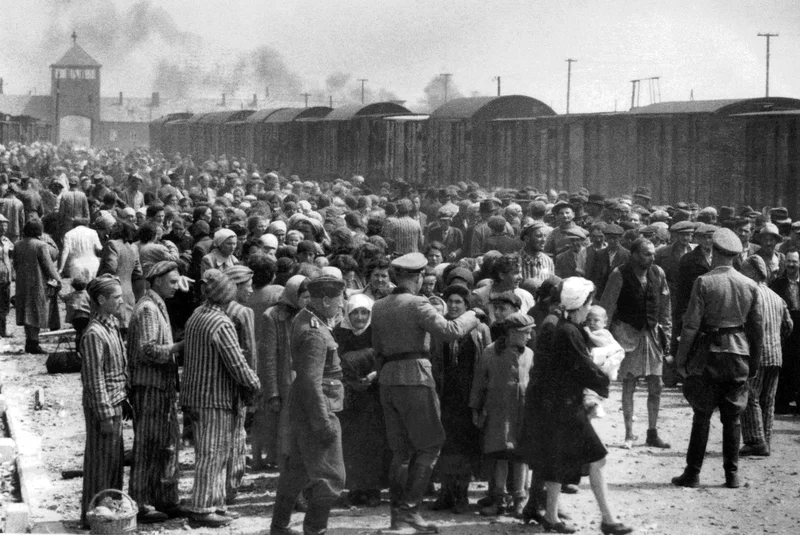
The United States refused entry to 973 German Jewish refugees aboard the MS St. Louis, forcing the ship to return to Europe. More than 200 passengers later perished in Nazi concentration camps.
The incident highlighted America’s restrictive immigration policies during the Holocaust. The tragedy became a symbol of international indifference to Jewish suffering under Nazi persecution.
1975 – California Agricultural Labor Relations Act
Governor Jerry Brown signed the first U.S. law granting collective bargaining rights to farmworkers. The legislation represented a major victory for César Chávez’s United Farm Workers union.
The law protected agricultural workers’ rights to organize and negotiate better working conditions. It established legal frameworks that improved wages and safety standards for farm laborers.
1912 – Massachusetts Sets Minimum Wage
Massachusetts became the first U.S. state to establish a minimum wage law, setting a precedent for worker protection. The legislation aimed to ensure basic living standards for all employees.
The groundbreaking law influenced similar legislation in other states and eventually at the federal level. It represented a significant step toward comprehensive labor rights protection.
Business and Economic Events on June 4
1920 – Treaty of Trianon Signed
Hungary lost 71% of its territory and 63% of its population when the Treaty of Trianon was signed in Paris. The agreement dramatically reduced Hungary’s size and economic power following World War I.
The treaty created new borders that left millions of ethnic Hungarians in neighboring countries. Hungary’s economy struggled for decades to recover from the territorial losses and population displacement.
1932 – Socialist Republic of Chile Established

Marmaduke Grove led a military coup that briefly established the Socialist Republic of Chile. The short-lived government attempted to implement radical economic reforms and social policies.
The socialist experiment lasted only twelve days before being overthrown by another military intervention. However, it demonstrated growing support for leftist politics in Chilean society.
1983 – Gordon Kahl Killed in Shootout
Anti-tax activist Gordon Kahl died in a gun battle with law enforcement officers in Arkansas. The confrontation ended a four-month manhunt following his killing of two U.S. Marshals.
Kahl’s death marked the end of a dramatic criminal case that highlighted tensions between federal authorities and anti-government extremists. The incident influenced subsequent law enforcement approaches to domestic terrorism.
Transportation and Infrastructure on June 4
1989 – Ufa Train Disaster

A natural gas explosion near Ufa, Russia, killed 575 people when two passing trains created sparks near a leaking pipeline. The disaster ranks among the deadliest railway accidents in history.
Soviet officials initially downplayed the tragedy’s scope and blamed technical failures. The incident exposed serious safety deficiencies in Soviet transportation and energy infrastructure.
1967 – Stockport Air Crash
A Canadair C-4 Argonaut aircraft crashed at Stockport, England, killing all 72 people aboard. The disaster highlighted growing concerns about aviation safety standards and regulations.
The crash prompted comprehensive investigations into aircraft maintenance procedures and pilot training requirements. New safety protocols were implemented to prevent similar accidents.
2023 – Virginia Aviation Accident
Four people died when a Cessna Citation V crashed into Mine Bank Mountain in Augusta County, Virginia. The accident occurred during challenging weather conditions in mountainous terrain.
Federal investigators examined the wreckage to determine the cause of the crash. The incident reminded aviation authorities of ongoing safety challenges in general aviation operations.
Sports and Recreation on June 4
1998 – Terry Nichols Sentenced for Oklahoma City Bombing

Terry Nichols received a life sentence for his role in the 1995 Oklahoma City bombing that killed 168 people. The federal jury spared him from the death penalty despite the attack’s devastating impact.
Nichols had helped Timothy McVeigh plan and prepare the explosive device that destroyed the Alfred P. Murrah Federal Building. His conviction brought some closure to survivors and victims’ families.
1986 – Jonathan Pollard Pleads Guilty to Espionage

Former U.S. Navy intelligence analyst Jonathan Pollard pleaded guilty to selling classified military secrets to Israel. His espionage activities had compromised sensitive American intelligence operations.
Pollard’s case strained U.S.-Israeli relations and sparked debates about dual loyalties among American citizens. He served 30 years in prison before being released in 2015.
2023 – Protests Against Polish Government Begin

Mass demonstrations erupted across Poland against President Andrzej Duda’s government policies. Citizens protested judicial reforms, media restrictions, and European Union relations.
The protests reflected growing political polarization in Polish society and concerns about democratic institutions. Opposition parties mobilized supporters to challenge the ruling party’s controversial legislation.
Notable Births on June 4
1975 – Angelina Jolie Born

American actress and humanitarian Angelina Jolie was born in Los Angeles, California. Her early exposure to the entertainment industry shaped her future career path.
Jolie would become one of Hollywood’s most recognizable stars and a prominent advocate for refugee rights. Her humanitarian work with the United Nations earned international recognition and respect.
1936 – Bruce Dern Born
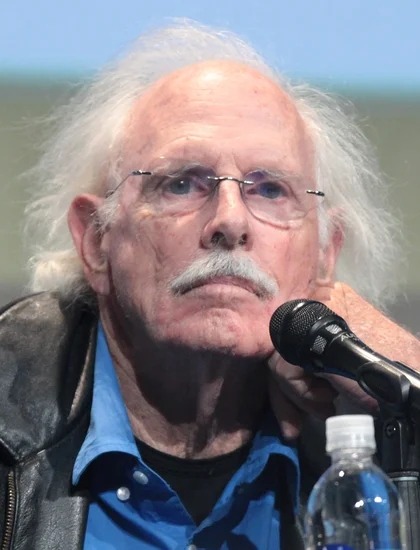
American actor Bruce Dern entered the world in Chicago, Illinois. His distinctive acting style and intense screen presence defined his career trajectory.
Dern’s performances in films like “Nebraska” and “The Hateful Eight” earned critical acclaim and award nominations. His longevity in Hollywood spans over five decades of memorable roles.
1910 – Christopher Cockerell Born

English engineer Christopher Cockerell was born in Cambridge, England. His fascination with transportation technology led to groundbreaking innovations in vehicle design.
Cockerell invented the hovercraft, revolutionizing transportation across difficult terrain and water surfaces. His invention found applications in military, commercial, and recreational sectors worldwide.
1916 – Robert Furchgott Born
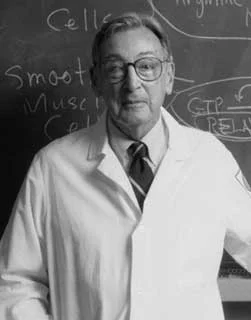
American biochemist Robert Furchgott was born in Charleston, South Carolina. His research into cardiovascular physiology yielded discoveries that transformed medical understanding.
Furchgott shared the 1998 Nobel Prize in Physiology or Medicine for his work on nitric oxide signaling. His discoveries led to new treatments for heart disease and other conditions.
1915 – Modibo Keïta Born
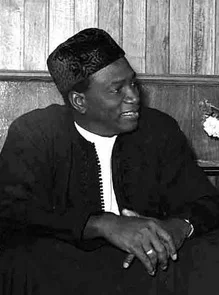
Malian educator and politician Modibo Keïta was born in Bamako, French Sudan. His dedication to education and African independence shaped his political philosophy.
Keïta became Mali’s first president after independence, implementing socialist policies and pan-African initiatives. His leadership helped establish Mali as a sovereign nation in West Africa.
1976 – Kasey Chambers Born

Australian singer-songwriter Kasey Chambers was born in Mount Gambier, South Australia. Her early exposure to country music influenced her distinctive sound and style.
Chambers became one of Australia’s most successful country music artists, winning multiple ARIA Awards. Her authentic approach to songwriting resonated with audiences across Australia and internationally.
1985 – Lukas Podolski Born

German footballer Lukas Podolski was born in Gliwice, Poland. His family’s relocation to Germany provided opportunities for his football development.
Podolski became a key player for both Bayern Munich and the German national team. His powerful left foot and goal-scoring ability made him one of Europe’s most feared strikers.
1991 – Ben Stokes Born

New Zealand-born English cricketer Ben Stokes entered the world in Christchurch, New Zealand. His family’s move to England opened doors to international cricket opportunities.
Stokes emerged as one of cricket’s most dynamic all-rounders, capable of match-winning performances with both bat and ball. His dramatic World Cup final heroics made him a household name.
1976 – Alexei Navalny Born

Russian lawyer and politician Alexei Navalny was born in Butyn, Russia. His legal background equipped him to challenge government corruption and authoritarian practices.
Navalny became Russia’s most prominent opposition leader, using social media to expose official corruption. His fearless activism made him a target of government repression and ultimately cost him his life.
Notable Deaths on June 4
1942 – Reinhard Heydrich Dies

Nazi SS officer Reinhard Heydrich succumbed to injuries from a Prague assassination attempt. Heydrich had been one of the principal architects of the Holocaust and Nazi terror apparatus.
His death triggered massive German reprisals against Czech civilians, including the destruction of Lidice village. The assassination demonstrated resistance to Nazi occupation despite terrible consequences.
1941 – Kaiser Wilhelm II Dies
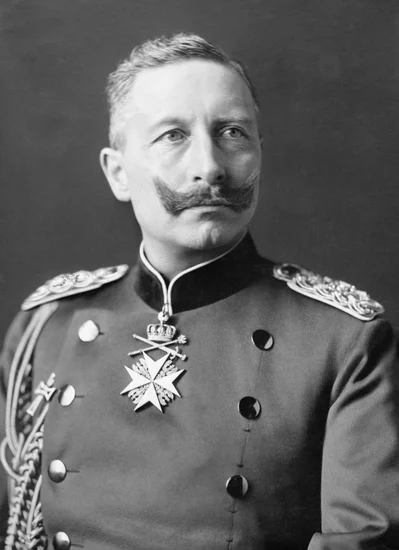
Former German Emperor Wilhelm II died in exile in the Netherlands. His abdication in 1918 had ended centuries of Hohenzollern rule and German monarchy.
Wilhelm’s reign had contributed to the outbreak of World War I through his aggressive foreign policy. His death marked the end of an era in European royal history.
1968 – Dorothy Gish Dies
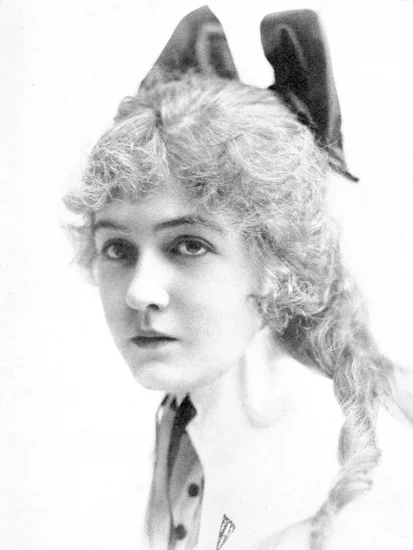
American actress Dorothy Gish passed away in Rapallo, Italy. Her career spanned the silent film era and early talkies, establishing her as a pioneering screen performer.
Gish worked alongside her sister Lillian in many D.W. Griffith productions, helping define early cinema acting techniques. Her contributions to film history earned lasting recognition from critics and historians.
2010 – John Wooden Dies
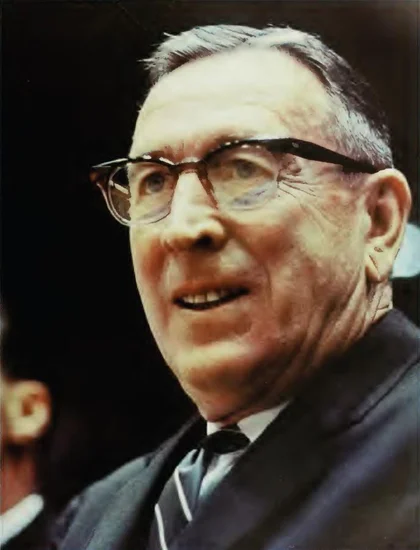
Legendary basketball coach John Wooden passed away in Los Angeles, California. His coaching philosophy emphasized character development alongside athletic excellence.
Wooden led UCLA to ten NCAA championships in twelve years, creating a dynasty unmatched in college basketball. His “Pyramid of Success” became a widely studied model for leadership and achievement.
1951 – Serge Koussevitzky Dies

Russian-American conductor Serge Koussevitzky died in Boston, Massachusetts. His leadership of the Boston Symphony Orchestra elevated American orchestral music to international prominence.
Koussevitzky championed contemporary composers and commissioned numerous works that became repertoire staples. His advocacy for American music helped establish the nation’s classical music traditions.
2002 – Fernando Belaúnde Terry Dies
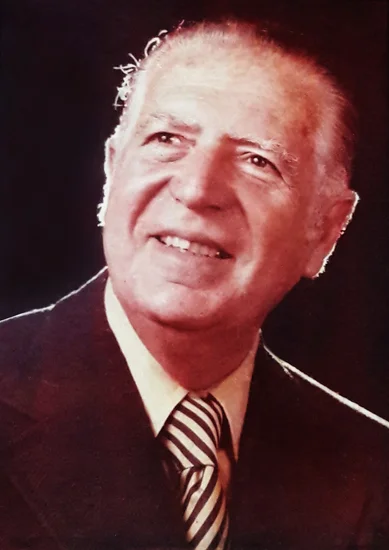
Former Peruvian President Fernando Belaúnde Terry passed away in Lima, Peru. His architectural background influenced his approach to national development and infrastructure projects.
Belaúnde served two non-consecutive terms as president, implementing democratic reforms and economic modernization programs. His commitment to democratic governance earned international respect and admiration.
1973 – György Lukács Dies

Hungarian philosopher György Lukács passed away in Budapest, Hungary. His work in Marxist theory and literary criticism influenced intellectual movements worldwide.
Lukács’s writings on aesthetics and ideology shaped debates about art’s role in society. His philosophical contributions bridged Eastern and Western intellectual traditions during the Cold War era.
1989 – Dik Browne Dies

American cartoonist Dik Browne passed away in Sarasota, Florida. His comic strips “Hi and Lois” and “Hägar the Horrible” entertained millions of readers worldwide.
Browne’s gentle humor and artistic skill made his characters beloved fixtures in newspaper comics pages. His work continued the tradition of family-friendly American comic strip entertainment.
Holidays and Observances on June 4
International Day of Innocent Children Victims of Aggression
The United Nations established this day to acknowledge the suffering of children affected by armed conflicts worldwide. The observance highlights the need for stronger child protection measures during wartime.
Educational institutions and humanitarian organizations use this day to raise awareness about children’s rights. Special programs focus on rehabilitation and support for young victims of violence.
Emancipation Day in Tonga
Tonga celebrates the abolition of serfdom by King George Tupou in 1862 and independence from British protection in 1970. The dual commemoration reflects the nation’s gradual path to full sovereignty.
Traditional ceremonies and cultural performances mark this important national holiday. Tongans honor their unique history of maintaining indigenous leadership while achieving international recognition.
National Unity Day in Hungary
Hungary observes this day to commemorate national solidarity and cultural identity. The holiday emphasizes the importance of Hungarian heritage and shared values.
Government officials and cultural organizations sponsor events celebrating Hungarian history and achievements. The observance strengthens national consciousness and pride in Hungarian accomplishments.
Finnish Defence Forces Flag Day
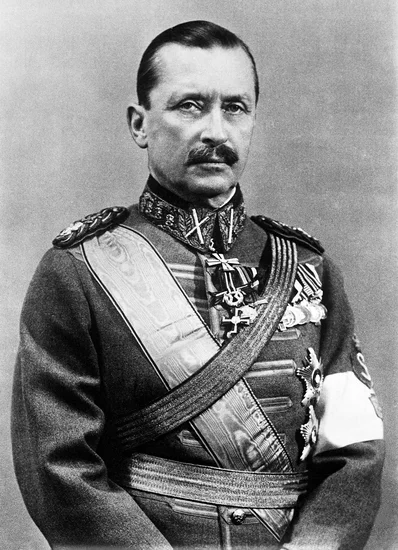
Finland honors Marshal Carl Gustaf Emil Mannerheim’s birthday with military ceremonies and flag displays. Mannerheim led Finnish forces during World War II and served as the nation’s president.
Military personnel and veterans participate in commemorative events across Finland. The day celebrates Finnish military tradition and the defense forces’ role in national independence.
